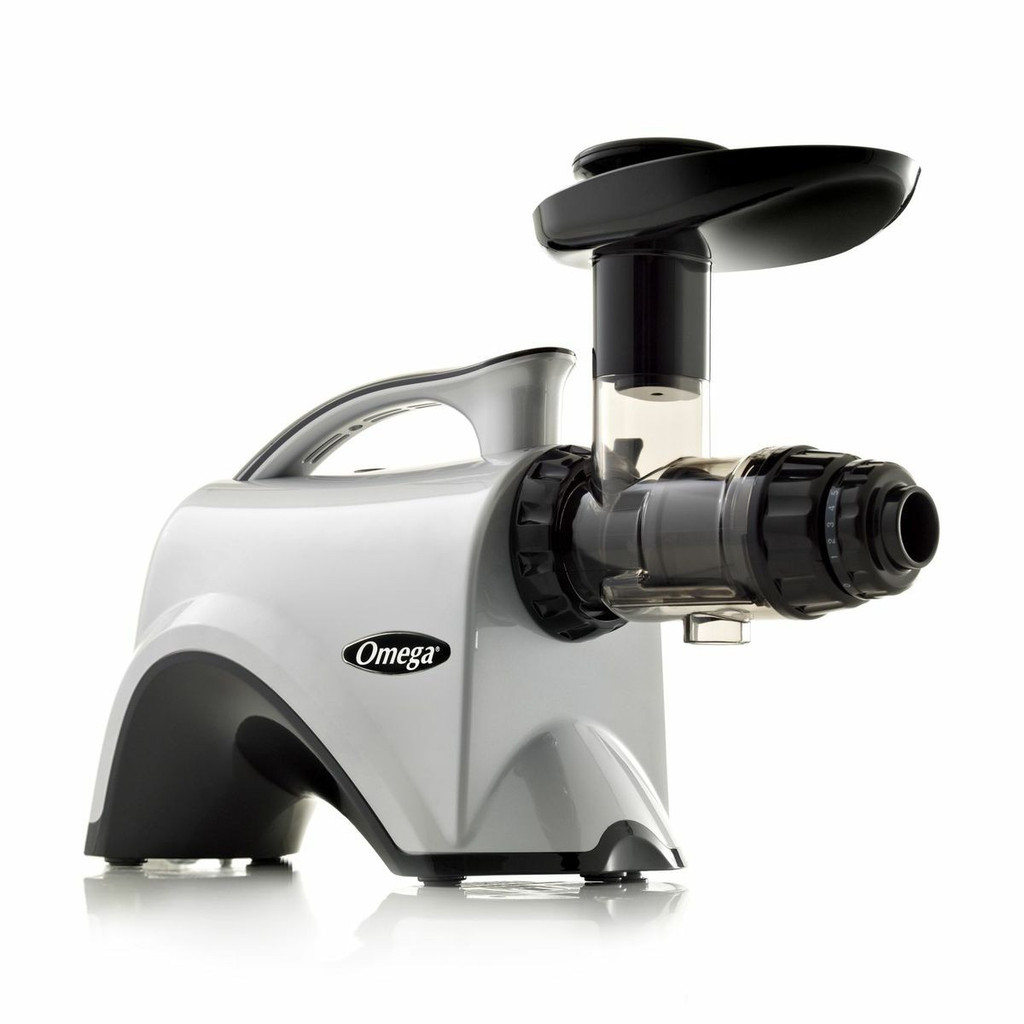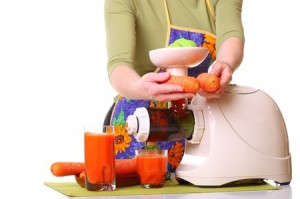
Frequently Asked Questions about Commercial Juicers
1. What is a commercial juicer?
A commercial juicer is a heavy-duty machine designed to handle large volumes of fruit and vegetable juice production. Unlike household juicers, these machines are built to withstand continuous use and are often equipped with powerful motors and durable components to process a variety of produce efficiently.
2. What are the different types of commercial juicers?
There are several types of commercial juicers, each suited to different needs:
- Centrifugal Juicers: Fast and efficient, they use a spinning blade to shred produce and separate juice from pulp.
- Masticating Juicers: Also known as slow juicers, they crush and press produce to extract juice, preserving more nutrients.
- Citrus Juicers: Specifically designed for juicing citrus fruits like oranges, lemons, and limes.
- Hydraulic Press Juicers: Use pressure to extract juice, often providing the highest yield and nutrient retention.
3. How do I choose the right commercial juicer for my business?
Consider the following factors when selecting a commercial juicer:
- Volume of Juice Production: Choose a juicer that can handle your daily volume requirements.
- Type of Produce: Different juicers excel with different types of produce.
- Speed vs. Nutrient Retention: Faster juicers may generate more heat, potentially reducing nutrient retention.
- Ease of Cleaning: Frequent cleaning is necessary, so a machine that is easy to disassemble and clean is beneficial.
- Durability and Warranty: Look for a robust machine with a good warranty to ensure long-term reliability.
4. Are commercial juicers easy to clean?
Most commercial juicers come with parts that are dishwasher safe or easy to rinse under running water. However, ease of cleaning varies by model. Some juicers have more intricate designs that can be more time-consuming to clean.
5. How much should I expect to spend on a commercial juicer?
Commercial juicers can range from a few hundred to several thousand dollars, depending on the brand, type, and features. Investing in a higher-quality machine often translates to better performance and longevity.
6. What maintenance is required for a commercial juicer?
Regular maintenance includes thorough cleaning after each use, checking and replacing worn-out parts, and ensuring the motor and other components are functioning correctly. Some manufacturers provide detailed maintenance schedules to follow.
7. Can I juice all types of fruits and vegetables with a commercial juicer?
Most commercial juicers are versatile and can handle a wide range of fruits and vegetables. However, some models are better suited for specific types of produce. Always refer to the manufacturer’s guidelines for best practices.
8. What safety features should I look for in a commercial juicer?
Look for features like non-slip feet, automatic shut-off, and safety locks to prevent accidental operation or overheating. A well-designed safety feature set is crucial to prevent injuries in a busy commercial kitchen.
Top Commercial Juicers: Reviews and Insights
1. Breville 800JEXL Juice Fountain Elite
Features:
- Powerful 1000-watt motor
- Two-speed control for versatile juicing
- Stainless steel design for durability
- Easy to clean with dishwasher-safe parts
Pros:
- High juice yield with minimal pulp
- Fast operation, ideal for high-demand settings
- Sleek and robust design
Cons:
- Can be noisy at higher speeds
- Larger footprint, requiring more counter space
Ideal For: Businesses needing a quick and efficient juicer for a variety of produce.
2. Omega NC900HDC Juicer Extractor
Features:
- Masticating juicer with a low-speed motor (80 RPM)
- Dual-stage extraction for maximum juice yield
- Adjustable settings for different types of produce
- Quiet operation
Pros:
- Preserves nutrients and flavor with minimal heat build-up
- Versatile for juicing, making nut butter, and more
- Compact and easy to clean
Cons:
- Slower compared to centrifugal juicers
- Higher upfront cost
Ideal For: Establishments focused on providing nutrient-rich, high-quality juices.
3. Hamilton Beach Commercial Otto The Juice Extractor
Features:
- Powerful motor for heavy-duty use
- Patented two-stage juicing process
- Large feed chute for whole fruits and vegetables
- Stainless steel construction
Pros:
- Excellent for high-volume juice production
- Durable and built to last
- Easy to operate and maintain
Cons:
- More expensive than other models
- Can be bulky for smaller kitchen spaces
Ideal For: High-volume juice bars and restaurants with a need for robust performance.
4. Zumex Versatile Pro
Features:
- Automatic citrus juicer with self-cleaning system
- High production capacity (up to 22 oranges per minute)
- Touchscreen interface for easy operation
- Built-in feeder for continuous juicing
Pros:
- Perfect for citrus-focused businesses
- High efficiency and ease of use
- Elegant design with minimal user intervention
Cons:
- Specialized for citrus, not suitable for all produce
- High cost and large size
Ideal For: Businesses specializing in citrus juices, offering premium quality and convenience.
Choosing the right commercial juicer can significantly impact the efficiency and quality of juice production in your business. Whether you prioritize speed, nutrient retention, or versatility, there’s a juicer out there to meet your needs. By understanding the different types of commercial juicers and what they offer, you can make an informed decision that aligns with your business goals.
Investing in a quality commercial juicer ensures that you can consistently provide fresh, delicious juice to your customers, helping your business thrive in the competitive food and beverage industry.





